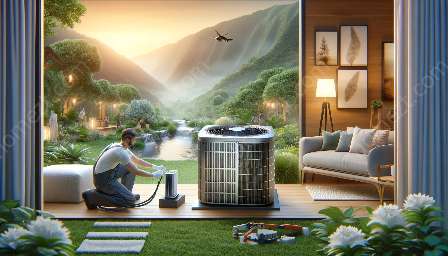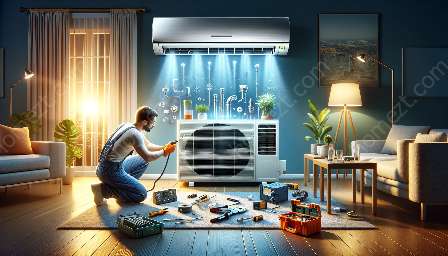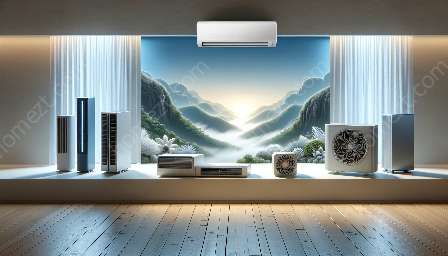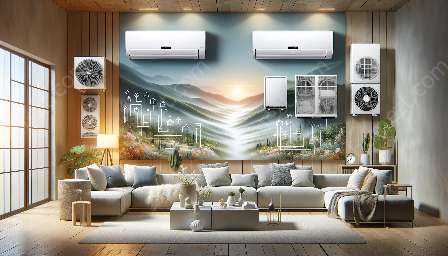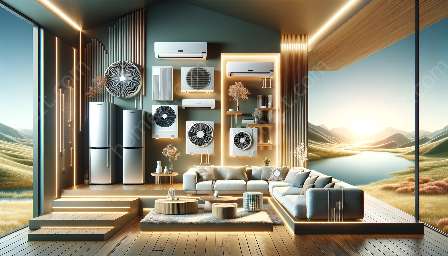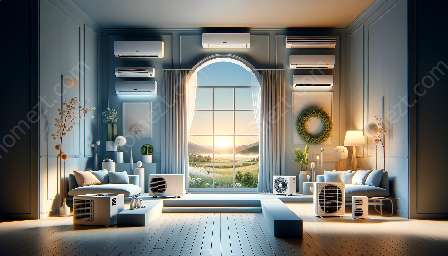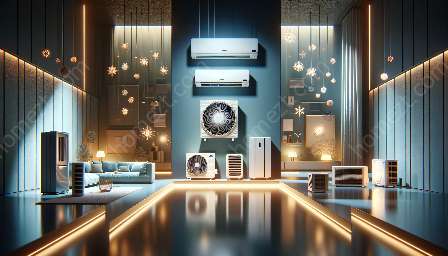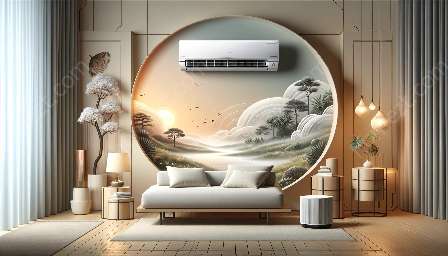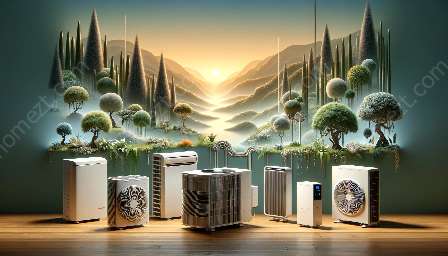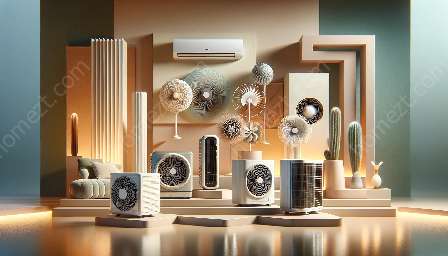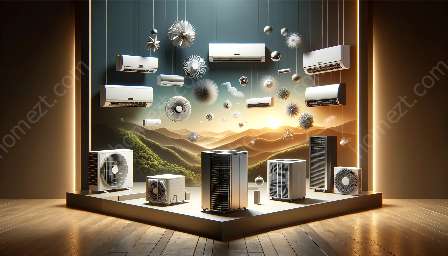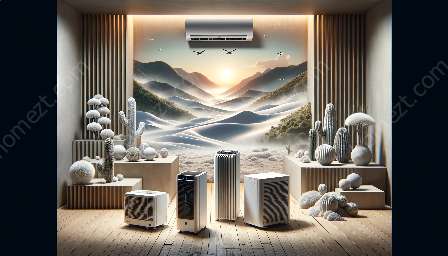When it comes to maintaining a comfortable indoor environment, air conditioners play a crucial role. However, issues with air conditioning units can disrupt the cooling or heating process, leading to inconvenience and discomfort. In this comprehensive guide, we will cover troubleshooting methods to help you diagnose and resolve common air conditioning problems effectively.
Understanding Air Conditioning Systems
Before diving into troubleshooting, it's essential to have a basic understanding of how air conditioning systems work. Most air conditioners operate on the principles of refrigeration, utilizing a compressor, condenser, expansion valve, and evaporator to cool or heat indoor spaces. The process involves removing heat from the indoor air and transferring it outside, resulting in a cooler indoor environment.
Common Air Conditioning Issues
Recognizing common air conditioning issues is the first step towards effective troubleshooting.
- Insufficient Cooling: If your air conditioner is running but failing to cool the indoor space adequately, it may indicate issues with the refrigerant levels, compressor, or air filters. Low refrigerant levels or a malfunctioning compressor can result in inadequate cooling.
- Poor Airflow: Reduced airflow from the vents can be caused by clogged air filters, blocked ducts, or a malfunctioning blower motor. Restricted airflow can lead to uneven cooling and discomfort.
- Strange Noises: Unusual sounds such as rattling, buzzing, or squealing coming from the air conditioner can signal potential issues with the fan motor, compressor, or other internal components. Ignoring these noises can lead to further damage and costly repairs.
- Leaks or Moisture: Any signs of water leaks or moisture around the air conditioner can indicate problems with the condensate drain line, refrigerant leaks, or a malfunctioning evaporator coil. Addressing these issues promptly is crucial to prevent water damage and mold growth.
- Thermostat Problems: A malfunctioning thermostat can lead to inaccurate temperature readings, causing the air conditioner to run excessively or inadequately. Calibrating or replacing the thermostat may be necessary to restore proper operation.
Troubleshooting Steps
Once you have identified a potential issue with your air conditioner, follow these troubleshooting steps to diagnose and resolve the problem:
- Check Air Filters: Clogged or dirty air filters can restrict airflow and reduce the efficiency of the air conditioner. Regularly inspect and replace air filters as needed to ensure optimal performance.
- Inspect Thermostat Settings: Ensure that the thermostat is set to the correct temperature and mode. Check for any programming errors or battery issues that may affect its operation.
- Examine Outdoor Unit: Inspect the outdoor unit for any signs of damage, debris, or obstruction around the condenser coils. Clear away any foliage or debris that could restrict airflow and affect the cooling capacity.
- Check Refrigerant Levels: Low refrigerant levels can indicate a leak or improper charging. If you suspect a refrigerant issue, contact a qualified technician to assess and replenish the refrigerant levels.
- Inspect Ductwork: Examine the ductwork for any leaks, blockages, or damage that may impede airflow. Properly sealed and insulated ducts contribute to efficient cooling and heating.
- Address Electrical Issues: Verify that the electrical connections, breakers, and fuses associated with the air conditioner are intact and functioning correctly. Faulty electrical components can disrupt the operation of the unit.
Professional Assistance
If you encounter air conditioning issues that require advanced troubleshooting or repair, it's advisable to seek professional assistance. Certified HVAC technicians possess the expertise and tools to diagnose complex problems and perform necessary repairs or maintenance.
In conclusion, understanding and troubleshooting air conditioning issues can help maintain the performance and longevity of your air conditioner. By addressing common problems promptly and following recommended maintenance practices, you can enjoy consistent comfort and efficiency from your air conditioning system.




